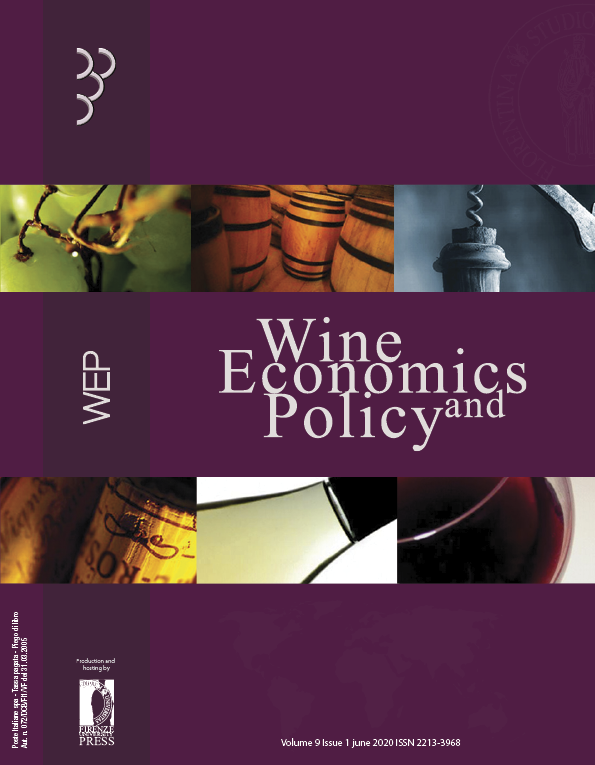Published 2020-05-12
Keywords
- Black swan events,
- Organizational resilience,
- Strategic preparedness
How to Cite
Abstract
Natural disasters and human-created crises have thrust the topic of strategic preparedness into management conversation around the world. Following recent fire, flood and earthquake disasters, this paper assessed perceived organizational preparedness and resilience as related to four key characteristics: the size of the firm through annual case production and number of employees, the age of the firm, and the organizational hierarchy. Data were gathered via an online survey, where 81 representatives of the western US wine industry responded. Data are analyzed using descriptive statistics, factor analysis, and analysis of variance. Results of this research indicate that wine firms with larger annual case production perceive greater resilience to disaster and crisis than firms with smaller annual case production perceive. Wine firms with more employees perceive greater resilience to disaster and crisis than firms with fewer employees perceive. Significant differences were found among managerial level perceptions of preparedness, in contrast to earlier studies. This study, which is based on exploratory empirical research and leads to a conceptual framework, can shed at least some light on what motivates wine firms to engage in strategic preparedness activities, as well as deepen our understanding of how communities would benefit from those actions.

